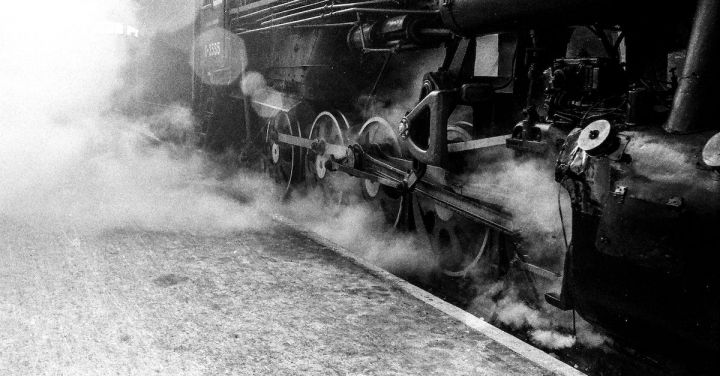When we think of trains, we often imagine the impressive machines that power through the tracks, effortlessly carrying passengers and cargo to their destinations. However, behind every train, there is a dedicated individual responsible for its operation and safety – the locomotive engineer. These skilled professionals are the face behind the train, ensuring that it runs smoothly and efficiently.
Locomotive engineers play a vital role in the transportation industry. They are responsible for operating and maintaining locomotives, as well as ensuring the safety of passengers and crew members. It is a demanding and challenging job that requires a high level of technical knowledge and expertise.
One of the key responsibilities of a locomotive engineer is to control the train’s speed and direction. They must carefully monitor various gauges and controls to ensure that the train is running at the appropriate speed and following the correct route. This requires a keen attention to detail and the ability to make split-second decisions in high-pressure situations.
In addition to controlling the train, locomotive engineers are also responsible for performing regular inspections and maintenance tasks. They must check the locomotive’s mechanical systems, such as brakes and engines, to ensure that they are in proper working order. Any issues or malfunctions must be addressed promptly to prevent accidents or delays.
Safety is a top priority for locomotive engineers. They must follow strict safety protocols and regulations to ensure the well-being of all passengers and crew members on board. This includes adhering to speed limits, obeying signals and signs, and communicating with other train operators and dispatchers to avoid collisions or other incidents.
Another important aspect of a locomotive engineer’s job is communication. They must be able to effectively communicate with other train crew members, dispatchers, and control centers to relay important information and ensure smooth operations. This requires clear and concise communication skills, as well as the ability to remain calm and composed in stressful situations.
Being a locomotive engineer is not just a job; it is a lifestyle. These dedicated individuals often work long and irregular hours, including nights, weekends, and holidays. They must be prepared to work in all weather conditions, from scorching heat to freezing cold. It is a demanding profession that requires a strong work ethic and a passion for the railroad industry.
However, despite the challenges, many locomotive engineers find great satisfaction in their work. They take pride in their ability to safely transport people and goods across vast distances, contributing to the growth and development of communities and economies. For them, the sight of a train speeding down the tracks is a symbol of progress and connectivity.
In conclusion, locomotive engineers are the face behind the train, ensuring its safe and efficient operation. They possess a unique set of skills and knowledge that allows them to control these powerful machines and navigate the complexities of the railroad system. Their dedication and commitment to safety make them invaluable members of the transportation industry. So, the next time you board a train, take a moment to appreciate the hard work and expertise of the locomotive engineer who is making your journey possible.
